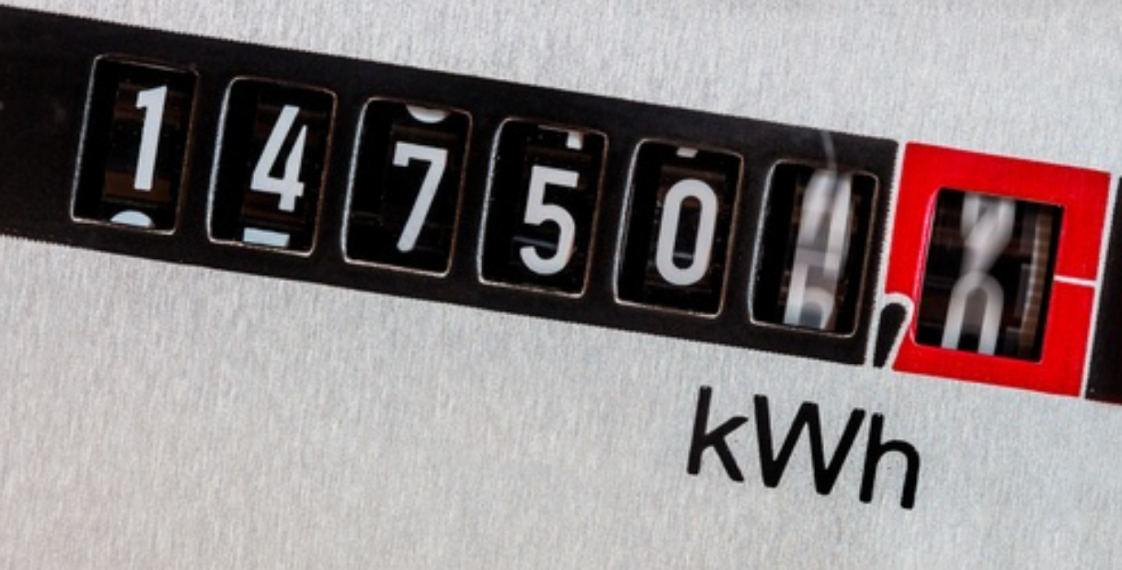Plug-in: focus on energy consumption and pollution

The needs of Visual Merchandising can no longer be separated from increasing focus on energy consumption—both in terms of overall savings as well as environmental sustainability.
The Food&Beverage sector is no exception: the use of self-contained display cases (plug-ins) makes these aspects especially evident, combining the need to display refrigerated products with a rationale of consumption containment.
Why the efficiency factor is important for plug-ins
According to the organisation Topten International Services (http://www.topten.eu/) if the plug-ins currently in use applied the best technology available on the market, there would be an overall savings of 20 TWh per year, equivalent to about 4 billion Euros saved in electricity costs.
The advantages in terms of the environment
What’s more, the savings from improved energy efficiency concerning refrigerated display cases are equivalent to about 6.0 tonnes of CO2 saved, while the advantages tied to replacing R-134a with a green refrigerant would amount to 0.4 tonnes of CO2.
In short, the Topten study estimates that 93% of reduced CO2 emissions would be from energy efficiency, and a further 7% would be tied to replacing the refrigerant, opting for a solution that is fully compatible with environmental sustainability.
Optimisation of plug-in usage
Plug-ins for refrigerating drinks have different distinctive features from other refrigerating machines: for example, they are often kept on only during the opening ours of the store in order to maximise energy saving, rather than being h24 operating.
The times and methods for using the machine are especially important, as they represent a crucial element in terms of energy savings.
Seasonality is another key factor in the analysis of the use-efficacy of the plug-ins. Of course, demand increases exponentially during hotter periods with a resulting increased frequency in closing/opening the doors of the display cases.
This pushes client companies to focus on energy efficiency, not just the initial cost, when purchasing new plug-ins. Energy savings—in addition to the need for an approach geared towards environmental sustainability—are key factors in the Beverage market, in light of the technology available today that makes these goals achievable.